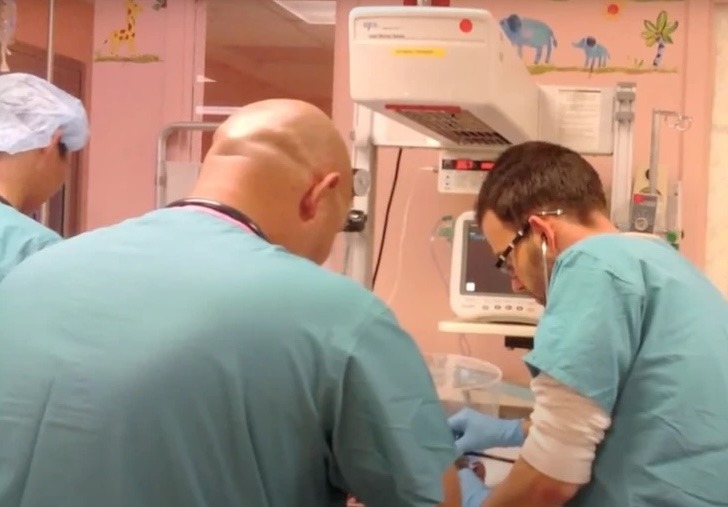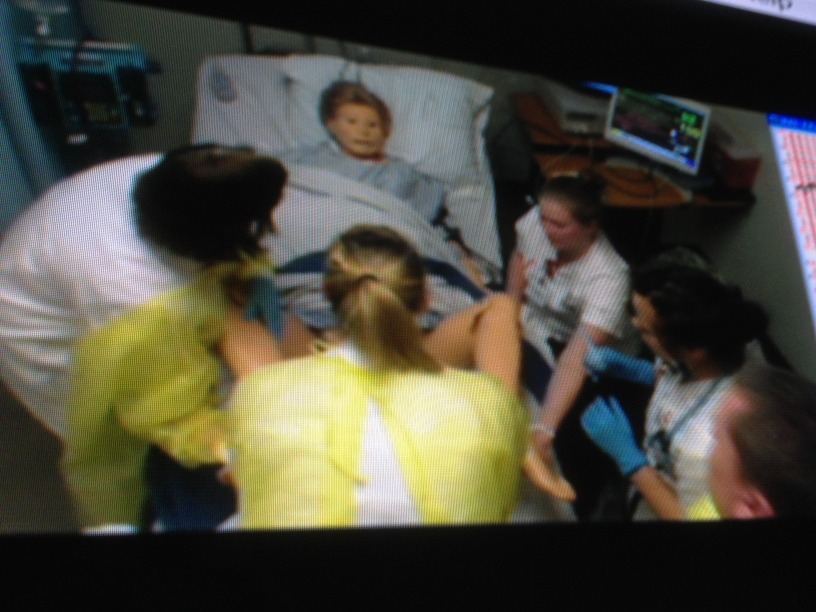There are no items in your cart
Add More
Add More
| Item Details | Price | ||
|---|---|---|---|
Developed for the beginning Academic Clinical Nurse Educator. The preparation program is grounded upon the best available literature and the National League for Nursing core competencies for Academic Clinical Nurse Educators.
The program offers a newly hired clinical nurse educator with an affordable, accessible, and attainable preparation that can be completed before or while teaching a clinical rotation.
Course # 1:
This four-module course provides the instructor with an understanding of the transition process, ideal clinical instructor behaviors, mentorship, basic teaching and learning principles, and the fundamentals of clinical teaching.
Course # 2:
This five-module course provides the instructor with practical skills for self-preparation, planning and teaching each clinical day, and providing formative and summative student feedback.
Course # 3:
This one-hour course takes the instructor through the various elements of a high-fidelity simulation-based experience, concentrating on the application of the instructor's responsibilities in the learning activity.
Meet Dr. Susan Knowles, DNP, RN, CNEcl, WHNP-BC-NCC-E
Dr. Knowles has over 45 years of nursing experience in various clinical roles: mental health, pediatrics, maternal-child health, home health, and nursing education. After becoming a Women's Health Nurse Practitioner (WHNP), she practiced in military health clinics, contraceptive management, and a private OB/GYN practice. She has over 25 years of experience as a nurse educator in ADN and BSN programs and is teaching part-time.
Contact: clinicalnursingprepcourse@gmail.com
to the following Nursing Programs for sponsoring their faculty through the Academic Clinical Nurse Educator Preparation Program. I look forward to our continued collaboration and the positive impact it will have on nursing education.
1
Registered Nurses interested in preparing for the Academic Clinical Teaching role.
2
Learners will need to use the Chrome browser with a computer, tablet, or smartphone.
3
This is a ten-hour, self-paced course. For best results, the learner should plan to complete the program over time, using the space-time learn strategy.
4
There will be no cancellations.



